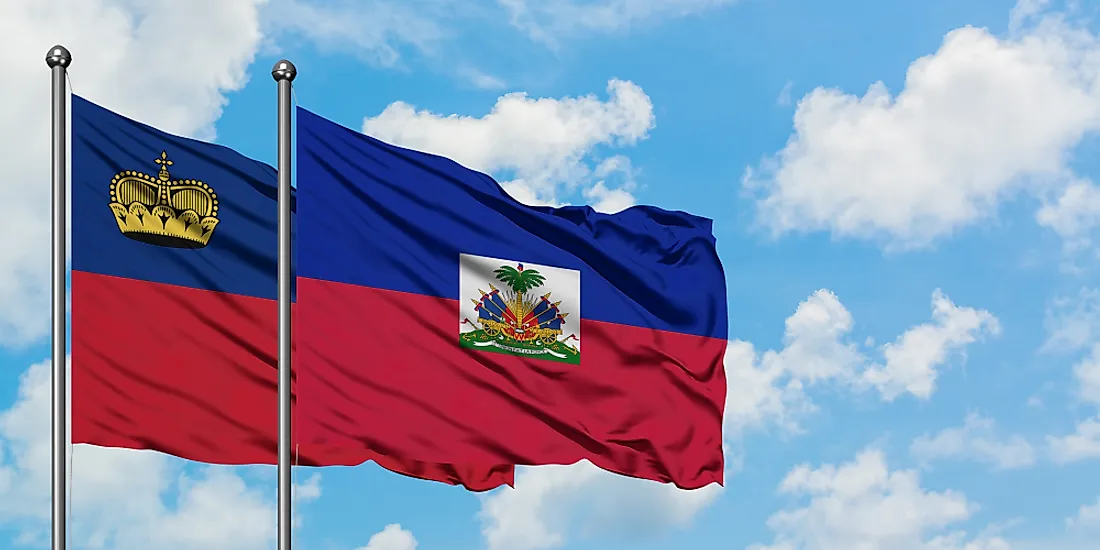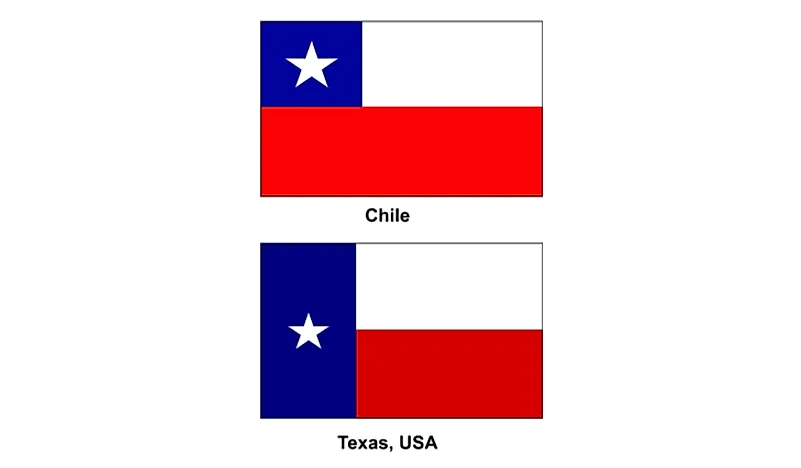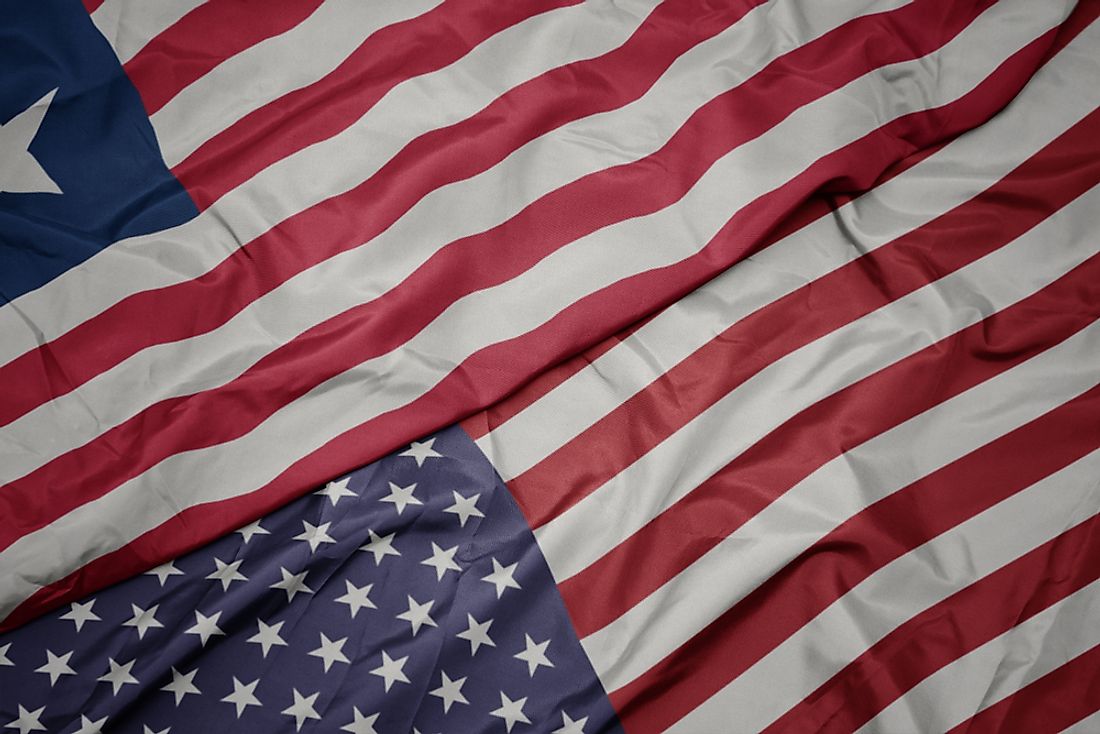Switzerland is a federal democracy with a bicameral legislature (Federal Democracy), namely the National Council (lower chamber) and the Council of States (upper chamber). The Constitution created all arms of the government. The judiciary has the Federal Supreme Court of Switzerland as the highest organ. The executive branch consists of the Swiss Federal Council of seven members who perform federal administrative roles and acts as a collective presidency and the cabinet. The President and vice president are largely ceremonial and are members of the Federal Council. Switzerland is both a direct and representative democracy as people elect representatives who elect the president but any constitutional change goes through a referendum.
In Switzerland, voting is known as votation where citizens elect all their representatives. Polling stations usually open a full day on Saturdays and morning hours on Sundays after which the declaration of results follows in the afternoon. Additionally, people can vote in advance through the post. Citizens vote for various officials including Federal Assembly, Federal Popular initiatives (like constitutional amendments), and mandatory or optional referendums. Swiss citizens above the age of 18 years can vote as long as they have registered to vote. This rule includes Swiss citizens living in other countries who can vote on federal matters at the nearest Swiss Consulate. The four dominant political parties are Swiss People’s Party, Social Democratic Party, FDP.The Liberals, and the Christian Democratic People’s Party.
The Federal Palace, located in Bern, houses both the Swiss Federal Assembly and the Federal Council. Architect Hans Auer designed the Palace with its inauguration following on April 1, 1902, at a total cost of 7,198,000 Swiss Francs. This house has a central part housing the assembly, and two wings (east and west) housing government offices and library. At the center, the Hall of the Dome separates National Council and Council of States meeting places. Another building, the Béatrice-von-Wattenwyl-Haus in Bern, houses Swiss Federal Council’s ceremonial events and is open only four times a year. The Federal Council, including the President, lives in the estate of Lohn in Kehrsatz.
Although Switzerland is home to a multi-party system, the country's largest political parties have been functioning together as a coalition government since 1959. Major political parties include the Swiss People's Party, the Social Democratic Party, GDP.The Liberals, the Christian Democratic People's Party, the Conservative Democratic Party and the Green Party.
This page was last modified on May 1st, 2018
More on Graphicmaps

Published on 2019-11-06
What is a Trade Embargo?

Published on 2019-11-04
Which Two Countries Used to Have the Same Flag?

Published on 2019-09-16
What Is the Only Two-Sided State Flag?

Published on 2019-09-16
Which Country Flag Looks Like the Texas Flag?

Published on 2019-08-29
Flags That Resemble the US Flag

Published on 2019-08-20
